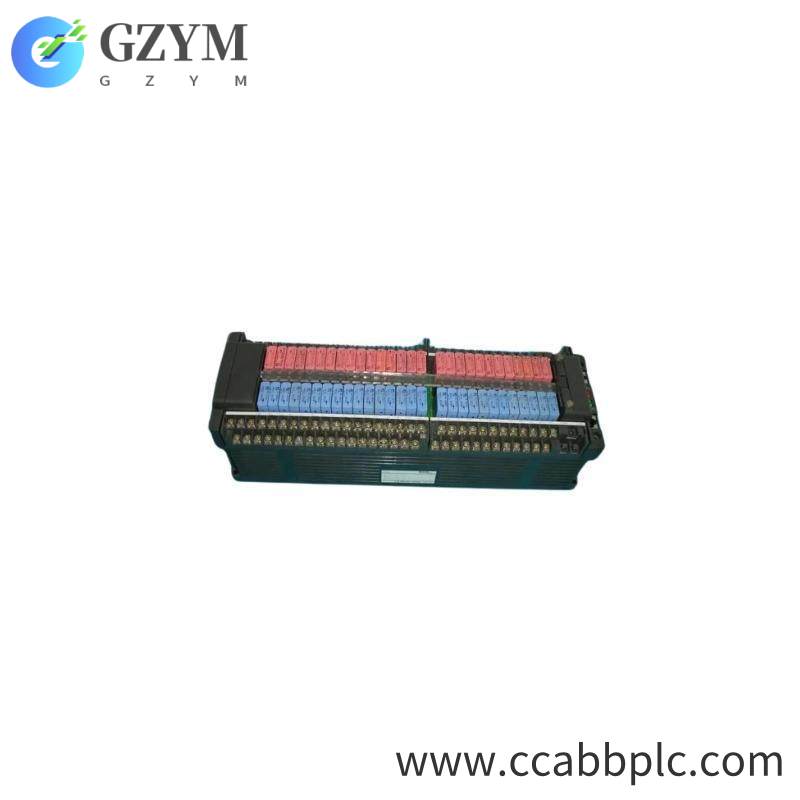Operating Voltage:24V DC
Input Current:0.1mA max
Output Current:2A per channel
Relay Contacts:SPST (Single Pole Single Throw)
Programmable Timers:Up to 99 steps
Communication Interface:MODBUS RTU
Environmental Rating:IP20 (Dustproof)
Operating Temperature:-10°C to +50°C
The Fuji NB1-P56-AC Timing Sequence Unit is engineered to provide unparalleled precision and reliability in managing timing sequences within industrial automation systems. This advanced control module is capable of handling up to 99 programmable steps, allowing for the creation of complex timing sequences tailored to meet the operational demands of various machinery and processes.
Featuring a robust 24V DC operating voltage and a maximum input current of 0.1mA, this unit ensures compatibility with a wide range of industrial equipment while maintaining efficient power consumption. Its dual output current capacity of 2A per channel supports versatile applications, from simple control tasks to more intricate automation setups.
With its SPST relay contacts, the Fuji NB1-P56-AC guarantees reliable switching performance under heavy duty conditions, making it ideal for environments where reliability is paramount. The MODBUS RTU communication interface enables seamless integration with other industrial automation components, facilitating data exchange and control across the entire system.
Designed for versatility, this control module operates effectively within a temperature range of -10°C to +50°C, ensuring its functionality in diverse industrial settings. Moreover, its IP20 environmental rating protects against dust ingress, safeguarding the unit from potential damage due to particulate matter.
Optimized for long-term reliability and ease of use, the Fuji NB1-P56-AC Timing Sequence Unit is an essential component for enhancing productivity and efficiency in industrial automation environments. It is engineered to support the evolution of modern manufacturing processes, offering a cost-effective solution for optimizing control systems.















There are no reviews yet.